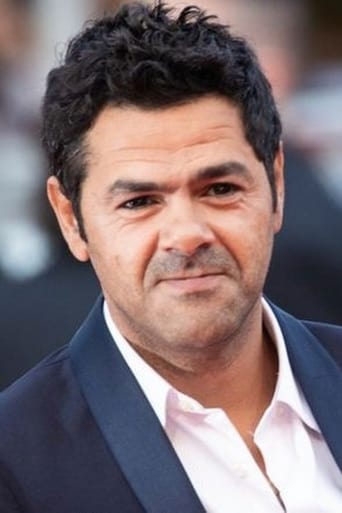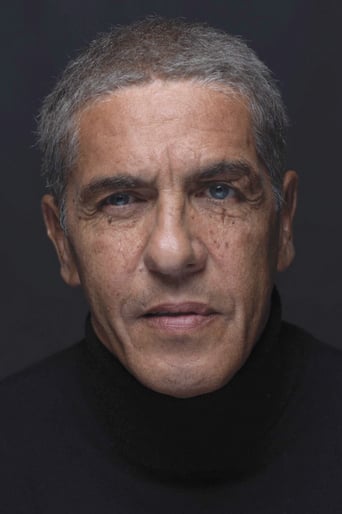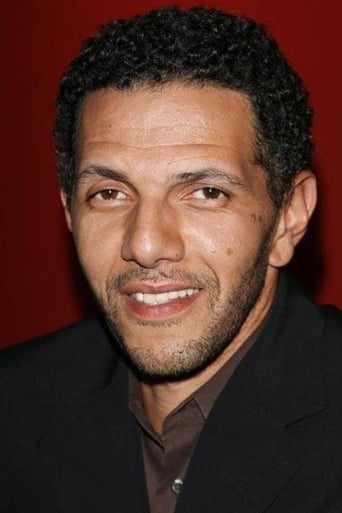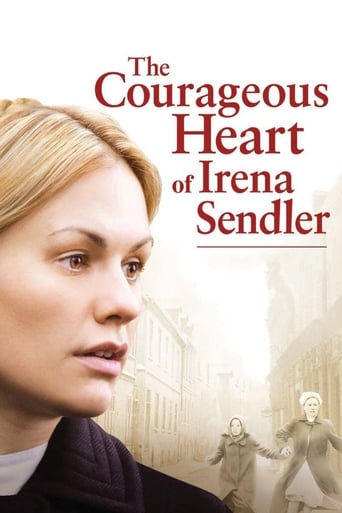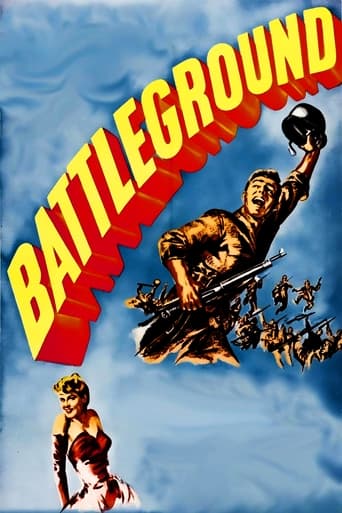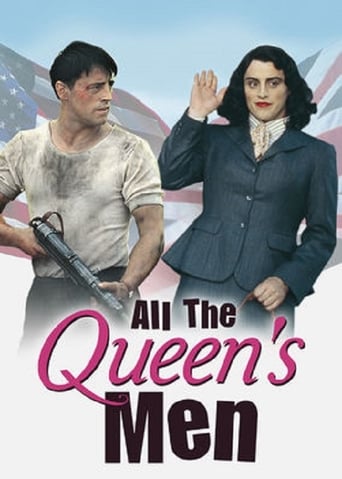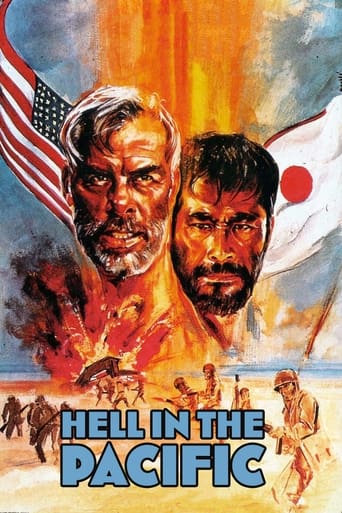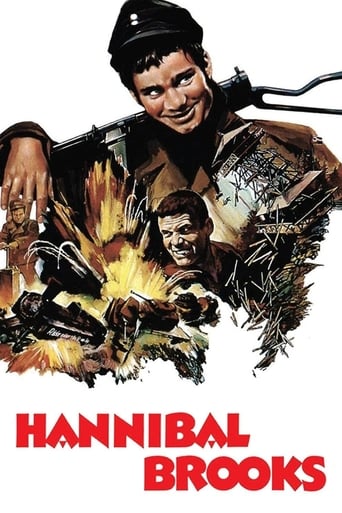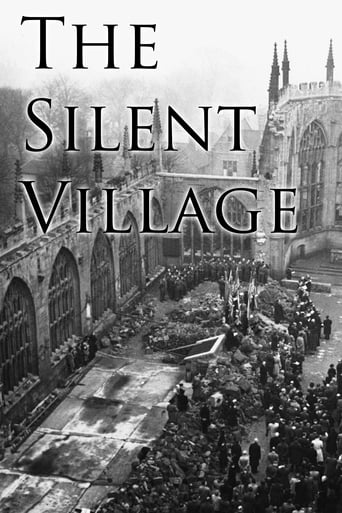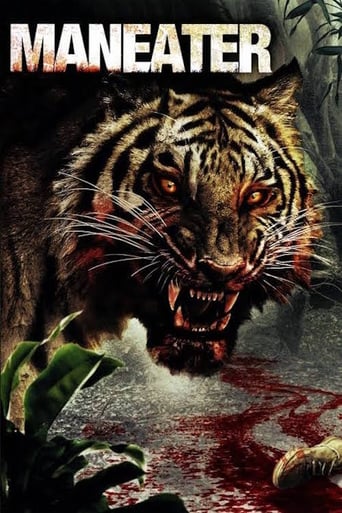
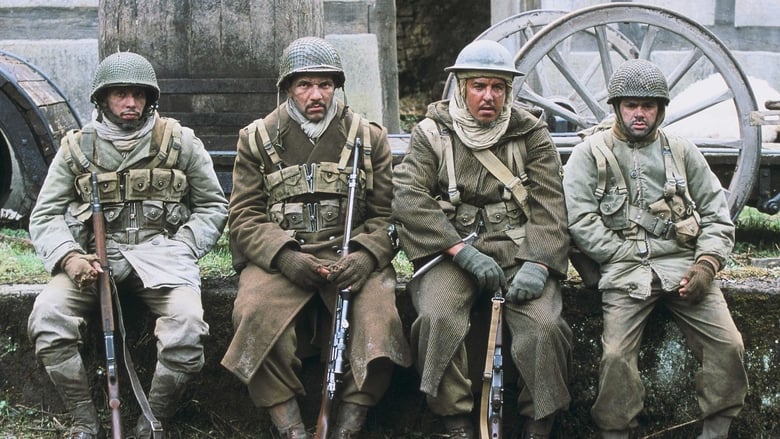
Days of Glory (2006)
1943. They have never stepped foot on French soil but because France was at war, Said, Abdelkader, Messaoud and Yassir enlist in the French Army, along with 130,000 other “indigenous” soldiers, to liberate the “fatherland” from the Nazi enemy. Heroes that history has forgotten…
Watch Trailer
Cast


Similar titles
Reviews
Just what I expected
While it is a pity that the story wasn't told with more visual finesse, this is trivial compared to our real-world problems. It takes a good movie to put that into perspective.
Exactly the movie you think it is, but not the movie you want it to be.
Blistering performances.
The film is about the Free French Forces in World War 2 who where mainly made up of the colonial forces of the French colonies. The film shows the struggles of racism and favoritism of the French elites.The movie shows well done and large battle scenes without giving you the idea of a Rambo styled battle and shows the fear and dirt of the battles. It also gives a storyline that tells the relations of the troops with their French commanders and the French citizens who they have mixed relations with.My only complaint really is that the story of the multiple soldiers gets wobbly attention for each and some of the elements of their story aren't really explained.
A worthwhile film creates memorable characters with whom we can in some way identify; the memorable film takes the willing viewer to mental outlooks and physical places not normally experienced, and offers a distinctive viewpoint concerning a specific issue; Days of Glory qualifies in all departments.While it is easily defined as a "War Film," it is also a film about the way a dominant culture can manipulate those who depend on it, the people who fight for it, and the privileges it rewards to the fighters. Four solders from Africa join the mainland French to help defeat the Germans; unknowingly, they are often used as mere cannon fodder. We watch several distinctive individuals as they encounter assaults on their growth from without and within; the men are drawn with insight and care and their interactions are emotionally moving.Some critics carp that they have seen this film before in other guises, that it is not unlike, say, Saving Private Ryan--only true, I think, if a viewer has become too jaded with too many war films, with too much blood. Even if some of the situations have been shown in film before, the acting here is so powerful that the entire ensemble won an unusual Best Acting Award at Cannes--entirely deserved, and an unheralded sacrifice by fighting men that has been finally recognized and rescued from the dustbin of history.
The story of a handful of Berber tribesmen from Algeria who enlist in the French Army during World War II and slog their way through North Africa, Italy, France, and Alsace in order to rid the world of Nazi occupiers. There are several effective scenes of combat and the ending somewhat resembles that of "Saving Private Ryan". Man, they are a rag tag bunch too. They always look dirty, their uniforms tatty and irregular, and they always need a shave. Their equipment looks like it was bought in a dollar store. The men wear helmets that are variously British, American, and French.There is also a subtext. The North African troops, including their French leaders, are looked down upon by the native French troops. And, on top of that, the Berbers face prejudice because they are swarthy, sometimes illiterate, and speak French with an accent, their native language being Arabic.I'm not sure there's very much new in the story. We follow half a dozen men as they suffer deaths, failed loves, and internal conflicts. The strongest performance -- possibly because it's one of the most carefully written -- is that of Bernard Blancan as the French sergeant who heads the platoon. He looks like one of the villainous chumps one might find in a Laurel and Hardy short but his character is complex. He treats the Berber recruits with disdain and does everything possible to hide the fact that his mother was an Arab.The photography and location shooting are mostly pretty gloomy and there's little in the way of light-hearted humor. Everyone seems rather sad even the two pretty young French ladies, of whom we should have seen more. There's a touching scene in which a girl in Marseilles takes one of the men up to her room. She strips. He hesitates, his shirt half off. She asks what's wrong and he tells her that where he comes from men like him are not allowed to be with French girls.I understand the Algerian's nationalism but I'm not sure that what it led to after the war was such a marvelous improvement. However, it's all over now.
'Days of Glory' is similar to Spike Lee's 'Miracle at St. Anna' as both films deal with the subject of a minority group's contribution to the war effort in World War II. In Lee's film, the focus is on African-Americans and in 'Days of Glory', Arabic-speaking North Africans. The value of both films are that they chronicle the little-known history of discrimination against these minority group soldiers despite all their sacrifices made during wartime.Toward the beginning of the film, the North African soldiers win a small victory when a Captain rescinds the decision not to serve them tomatoes as part of the their daily rations on a transport ship. But more egregious examples of discrimination which are not reversed are shown such as allowing native 'white' Frenchmen leave while the North Africans get none. Similarly, the whites are always promoted to a higher rank and the Africans always remain in the same subordinate positions. Further resentment is bred when the news media sends pictures and newsreels back home of the white soldiers, giving the false impression that they were the ones doing most of the fighting when in actuality it was the North Africans who were responsible for the bulk of the hand-to-hand combat. The ultimate indignity is referenced at the end of the picture when we learn that all pensions of the North African soldiers were frozen following independence of the French colonies. It's my understanding that this injustice has not been redressed, even to this day.'Glory' focuses on four soldiers at the beginning of their conscription in North Africa, their initial foray into Italy in 1944 and finally, combat operations against the Germans in France proper. We meet Said, an impoverished Algerian goat farmer who signs up despite the protestations of his mother who fears she'll lose him in combat. The actor who plays Said, Jamel Debbouze, actually has one arm in real life, and must keep the missing appendage in his pocket throughout the film in order to maintain the illusion that he's not handicapped. It turns out that Debbouze is actually one of the film's producers who contributed a bit of money to the film's production, so it appears they could not avoid using him.The trick in a movie like this is to avoid hagiography by showing each soldier with an inner life and enough conflict between them to keep things interesting. Perhaps the least successful is the character of Messaoud who falls in love with a French woman and is thwarted by the military censors when the letters he sends to her are never received. The other thing we learn about Messaoud is that he joins the majority of the other soldiers in the unit, taunting Said after Staff Sergeant Martinez makes him his orderly. Said puts a knife to Messaoud's throat as he can no longer endure the taunts which imply that he's Martinez's 'girl'. Messaoud eventually goes AWOL due to the aforementioned discriminatory leave policy in an attempt to see his French lover. He's restored after the brass realize they cannot dispense with his skills as a marksman.Corporal Abdelkader proves to be the film's protagonist. He becomes a corporal after taking an exam (equivalent to a lieutenant in the US Army) and becomes the voice for the rights of the native African minority soldiers. Abdelkader faces Sgt. Martinez down on the ship, winning the right to have the tomatoes served to the men. Later, he's put in the brig after getting into a fight with Martinez over the Army leave policy (instead of the soldiers getting leave, they're forced to watch a French ballet performance inside a tent). Despite Abdelkader's militancy, he's also loyal to France and proves to be courageous in battle. So it's quite sad to see how he's not recognized at war's end and ends up a defeated, lonely man living in a small flat in France, far from his homeland.There's also Yassir, a Moroccan of Berber extraction (one of the Moroccan 'Gourmier' soldiers) who joins in the soldiering for the money. There's a good scene where another soldier prevents him from bashing in the mouth of a dead German soldier and extracting his gold fillings. Later, Yassir is devastated when his brother is killed in combat.Perhaps the best character in the film is Sgt. Martinez, the 'Pied Noir' (a French national whose ancestors probably were of Spanish extraction who had settled in Algeria). Martinez considers himself thoroughly French and does not want to be associated with the Arab culture. When Said discovers a picture of his Arabic mother and asks him about it, Martinez beats him up and warns him not to tell anyone upon pain of death. Martinez gives 'Days of Glory' its flavor as he is almost brutal in the way he treats his troops but at the same time, sticks up for them when dealing with the higher-ups.'Days of Glory' emulates many American pictures in its war scenes. There are some gripping battle scenes and the carnage and horror of war is ably depicted (one unforgettable iconic image shows the soldiers eating a meal with a dead horse in a ditch right in front of them). The battle scene at the end of the picture however, where the unit faces off against a much larger group of Germans in a small town, doesn't really ring true. The Germans march into town, taking no cover, and are picked off too easily by the North Africans.'Days of Glory' is a worthy addition to the pantheon of World War II films. The characters are not all fleshed out but we do learn a great deal of the history of the discrimination endured by these heroic soldiers. Unlike the bloated 'Miracle of St. Anna', 'Glory' features economical editing coupled with a soundtrack highlighted by some haunting Middle Eastern songs.


